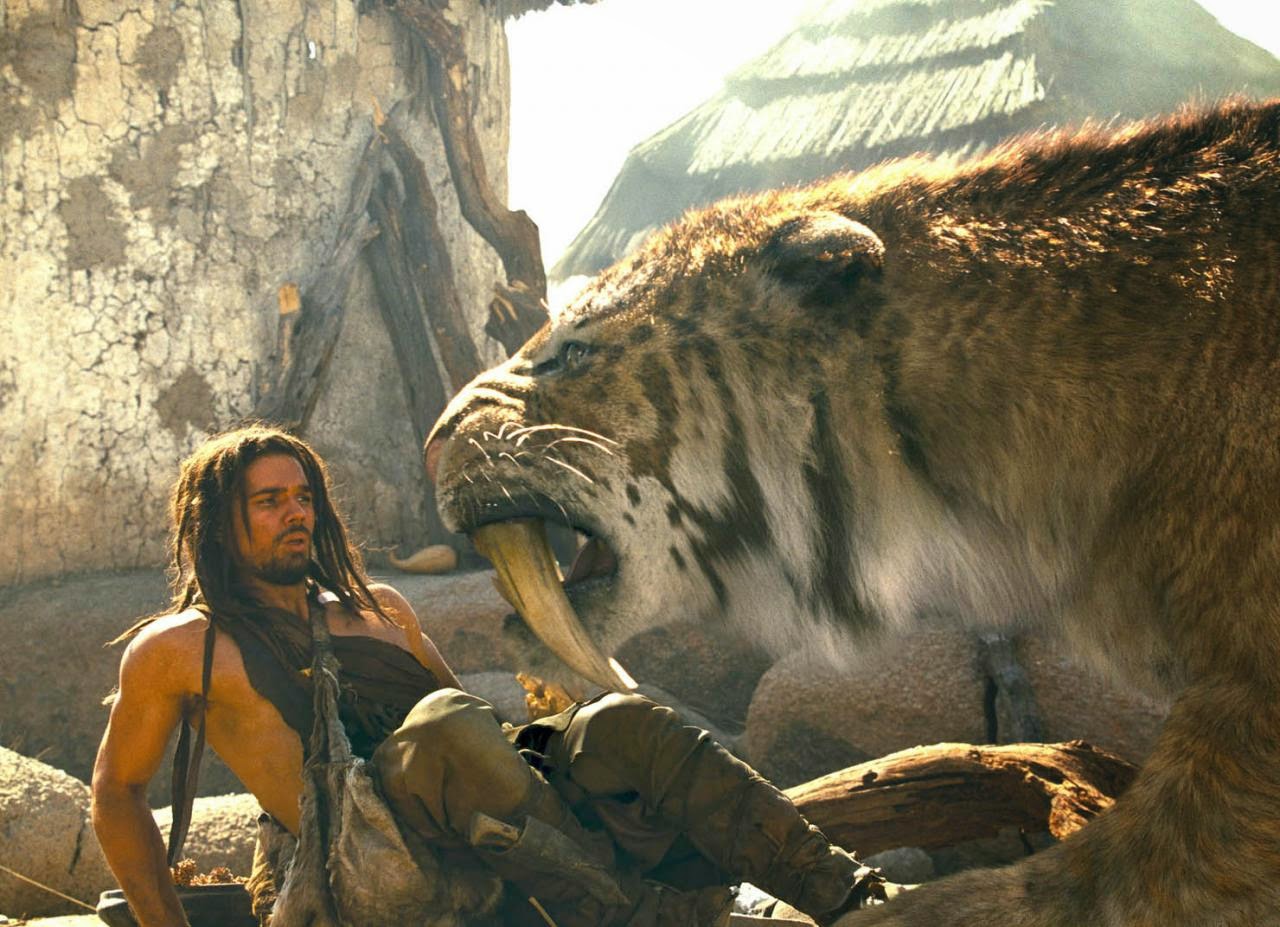Why Your Parents Think Your Partner Isn't Good Enough
The conflict between parent and child over the child's choice of a mate has long been fodder for soap operas, horse operas and opera operas. Also romantic comedies, drama and tragedies. It may even play out in your life, as a child or as a parent."Our model predicts that the conflict will be stronger when fathers rather than mothers control (family) resources."
Have you ever wondered why this is? I mean, how this standard conflict between parents and children came to be? Even why in some cultures arranged marriages are the only option? Yes, this is great fodder for the writer, but why is this such an ancient and universal theme?
An evolutionary explanation to this age-old conundrum is offered in a study published today, September 20, 2013 in the journal Evolution & Human Behavior, written by Dr. Tim Fawcett, a research fellow in Bristol's School of Biological Sciences.
As Dr. Fawcett notes, "It is common for parents to influence mate choice - from arranged marriages to more subtle forms of persuasion - but they (parents) often disagree with their children about what makes a suitable partner."
According to Fawcett, it all comes down to control of parental resources: reseachers found that parents tend to give more resources to children whose partners provide less support, and that this leads to a conflict over mate choice. His model shows that, typically, parents prefer a son-in-law who is more caring and supportive than their daughter would otherwise choose."Surveys show that children tend to place more importance on physical attractiveness, smell and sense of humor, whereas parents care more about social class and family background."
Dr. Fawcett said: "The conflict over parental resources is central to understanding why parents and children disagree in mate choice."
"Parents are equally related to all of their children," Fawcett explains, "whereas children value themselves more than their siblings -- so each child wants to get more than their fair share of parental resources. This means that the children are willing to settle for a mate who is less caring than their parents would ideally like."
Piet van den Berg, lead author on the study, said: "Our model predicts that the conflict will be stronger when fathers rather than mothers control resources."
* * * * *
Story Source: Pieter van den Berg, Tim W. Fawcett, Abraham P. Buunk and Franz J. Weissing. The evolution of parent–offspring conflict over mate choice. Evolution & Human Behavior, 2013.

Comments
Post a Comment